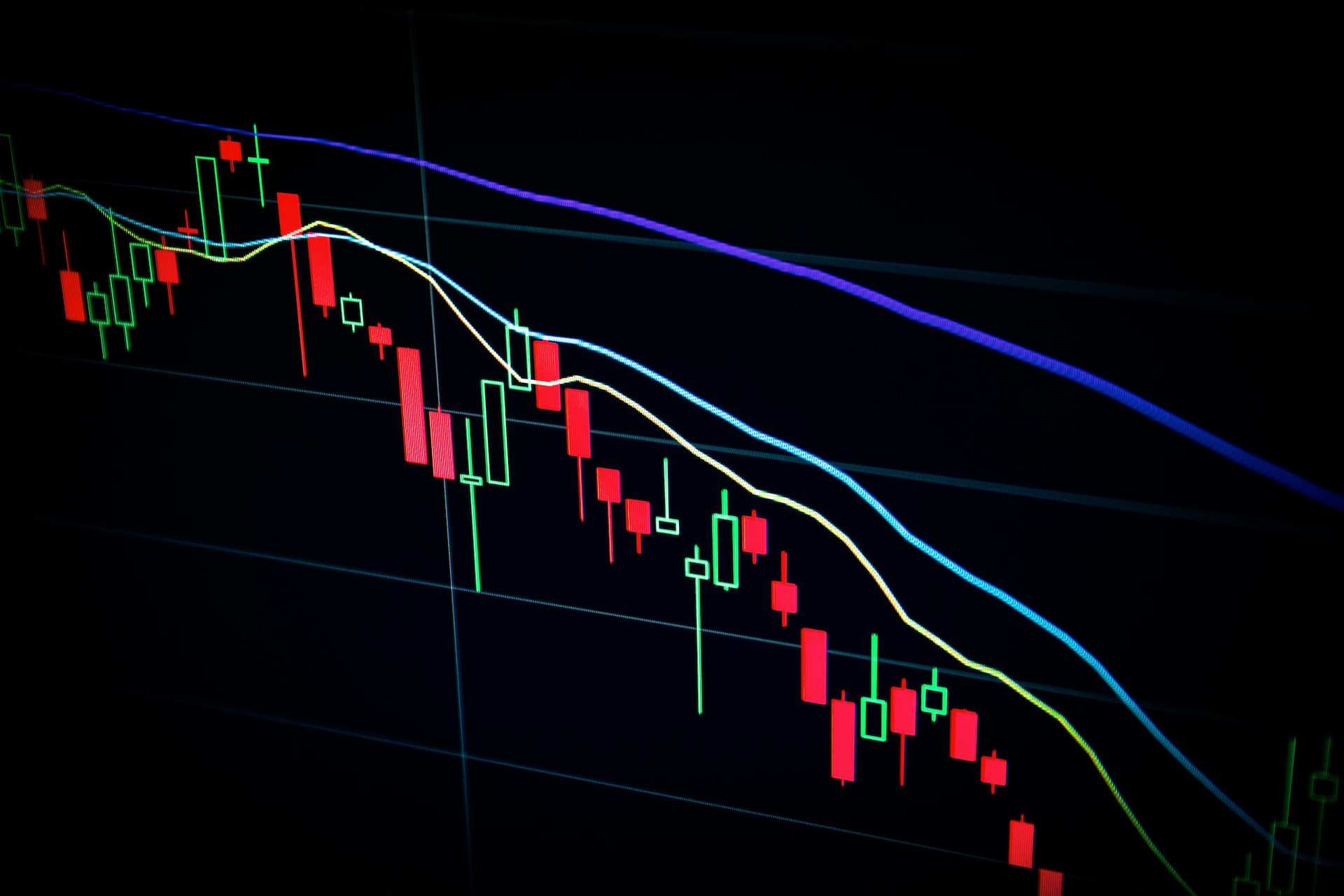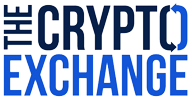
A Comprehensive Guide to Decentralized Non-Custodial Crypto Exchanges
Decentralized finance (DeFi) has grown exponentially over the past few years, paving the way for revolutionary financial solutions that grant users more freedom, control, and accessibility. As more investors and users adopt cryptocurrencies, the demand for secure and user-friendly platforms to exchange digital assets has grown stronger. One key innovation in this field is decentralized non-custodial crypto exchanges. This article will explore what non-custodial exchanges are, their benefits and utility within the DeFi ecosystem, and how The Crypto Exchange helps users access this next-generation trading experience.
Unlike traditional centralized exchanges (CEX), decentralized exchanges (DEX) are built upon blockchain technology, allowing users to trade cryptocurrencies without needing an intermediary. This not only ensures that transactions are secure, reliable, and faster but also empowers users to have greater control over their assets since they retain custody of their private keys. Non-custodial crypto exchanges are a subset of DEXes, taking this concept of user control to the next level.
Non-custodial exchanges, as the name suggests, do not maintain custody of users’ assets. Rather, these funds are stored in individual users’ wallets. As a result, traders retain full control over their investments, unencumbered by third-party risks and subject only to the security measures they themselves implement. This innovative approach offers several advantages over traditional, centralized exchanges, including enhanced security, privacy, and control.
These non-custodial platforms are a growing sector of the DeFi space, redefining the standards of safety and accessibility within the crypto industry. With an increasing number of services, such as The Crypto Exchange, offering non-custodial wallet options, it is crucial that both new and seasoned investors understand the intricacies and benefits of using such exchanges to make well-informed decisions about safeguarding and trading their digital assets.
Stay with us and discover the revolutionary world of non-custodial crypto trading. Better yet, sign up with The Crypto Exchange and take your trading experience to new heights of security, privacy, and control.
Decentralized vs. Centralized Exchanges: The Key Differences
Before diving deep into the concept of non-custodial exchanges, it is crucial to understand the fundamental differences between centralized and decentralized exchanges. Centralized exchanges are profit-driven platforms managed by private companies, which hold their users’ funds and act as intermediaries for executing transactions. While these platforms have gained widespread adoption, their custodial nature leaves them vulnerable to security breaches and hacks.
Decentralized exchanges, on the other hand, operate under a completely different premise. By eliminating intermediaries and leveraging the power of blockchain technology, decentralized platforms provide users with direct access and control over their funds. This not only ensures better security and privacy but also gives users the ability to manage their trades according to their preferences. This is where decentralized non-custodial exchanges truly shine.
The Advantages of Non-Custodial Exchanges
1. Enhanced Security
One of the most significant advantages of using a non-custodial exchange is the unparalleled level of security it offers. Since these platforms do not store user funds, they are less attractive targets for hackers and bad actors. Additionally, non-custodial exchanges employ advanced security protocols, such as end-to-end encryption and two-factor authentication (2FA), reducing the risk of users losing their assets to theft or fraud.
2. Maintaining Control and Privacy
By allowing users to retain custody of their funds, non-custodial exchanges empower them with the ability to ascertain the level of security and privacy they desire. Since users are in control of their private keys, they can determine how best to store and manage them. Moreover, they are not subjected to intrusive know-your-customer (KYC) and anti-money laundering (AML) policies, ensuring their transactions remain private and anonymous.
3. Interoperability and Flexibility
Non-custodial exchanges facilitate seamless integration with a wide array of crypto wallets, including hardware and software solutions. This interoperability allows users to manage and trade their assets with a solution that best suits their needs and preferences. Additionally, many decentralized platforms support diverse trading pairs, limiting the need for users to convert their holdings to specific base currencies.
4. Decentralized Autonomous Organization (DAO) Governance
Many non-custodial exchanges are governed by Decentralized Autonomous Organizations (DAOs), which leverage smart contracts to enforce platform rules and manage resources. This decentralized governance structure ensures that users have a say in the platform’s development and evolution, creating a fairer and more democratic trading ecosystem.
Challenges to Overcome
While non-custodial exchanges certainly boast numerous advantages, they are not without challenges that need to be addressed. For instance, some of these platforms face liquidity issues due to their relatively smaller user base compared to their centralized counterparts. This can result in higher slippage and more volatile trading conditions. Additionally, the intuitive, beginner-friendly interfaces offered by centralized platforms can sometimes be a double-edged sword, as new users may find non-custodial platforms intimidating and challenging to navigate.
Despite these challenges, the future looks bright for decentralized non-custodial exchanges. Various platforms are working tirelessly to address these issues and create innovative solutions to bridge the gap between centralized and decentralized trading experiences.
The Crypto Exchange: Your Non-Custodial Trading Partner
The Crypto Exchange enables users to buy, sell, and store Bitcoin, Ethereum, and hundreds of other cryptocurrencies through its non-custodial wallet service. This allows you to enjoy all the benefits of decentralized non-custodial trading while accessing a large and diverse selection of crypto assets. The platform’s user-friendly interface and responsive support team ensure that both beginners and experienced traders feel comfortable navigating the world of digital asset trading.
Some of the key features of The Crypto Exchange include:
1. Diverse Asset Selection: Choose from an extensive range of digital currencies and trade according to your interests and preferences.
2. Non-Custodial Wallet: Maintain custody of your funds and private keys, ensuring the highest level of security and privacy.
3. Accessible Trading Tools: Easily track your portfolio and trading performance through the platform’s clean and user-friendly interface.
4. Dedicated Support Team: Prompt and reliable assistance for any questions or issues that may arise while using the platform.
Conclusion
As the world of digital assets continues to evolve, decentralized non-custodial exchanges present a strong alternative to traditional, centralized platforms. By offering increased security, privacy, and control, these innovative solutions are redefining the crypto trading landscape and driving decentralized finance adoption. The Crypto Exchange, with its non-custodial wallet service and diverse asset offerings, is an ideal partner for users seeking to maximize the benefits of decentralized trading without sacrificing convenience and accessibility.
Embrace the future of crypto trading by creating an account with The Crypto Exchange, the best Canadian cryptocurrency exchange, and secure your digital assets with a platform that truly puts you in control.

